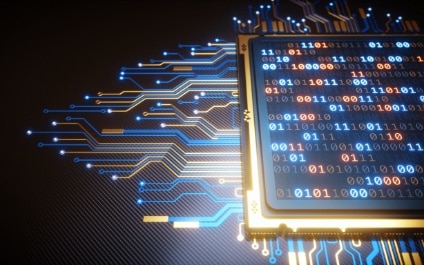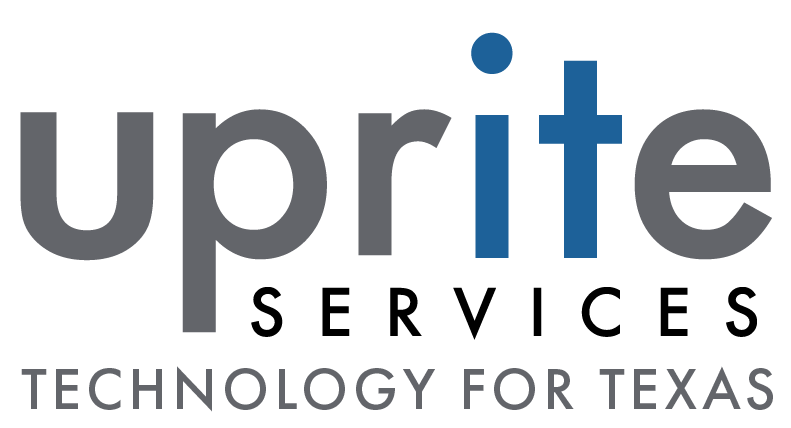
[img src=”/wp-content/uploads/sites/2/2019/08/Img-blog-ai-cybersecurity.jpg” class=”aligncenter”]
From Alexa and Siri, to self-driving cars, Artificial Intelligence (AI) is rapidly gaining traction around the world. Though the concept of AI is not new, a lot of its uses are – including in the business sector. These innovations are revolutionizing almost every process in almost every industry, and adopting these practices are essential for staying ahead of your competition. A major sector in which AI has made an impact is within cybersecurity – both positively and negatively.
What is AI?
Simply put, AI is about teaching computers to do what comes naturally to humans – like analyzing and making sense of data. Almost automatically, humans will search for patterns and repetition. The limitation, however, is the amount of data humans can extract. AI, on the other hand, has the potential to analyze virtually any amount and kind of data to pull meaning and anticipate outcomes. As AI receives more data, it will continue to learn more and get better at predictions and decision-making through a process called machine learning. Machine learning, in short, delivers the ability to improve upon prior experience without being specifically programmed to do so. This will help with many areas of data analysis but has particularly large opportunities for predictive analysis.
The Negative Side of AI
There is no doubt in the minds of cybersecurity experts that AI will be used maliciously by attackers. AI’s machine learning will pave the way for highly customized attacks that are able to adapt to any environment it is trying to compromise. In fact, prototypes of this malware already exist. These programs, for example, can work themselves into pre-existing emails to insert phishing content. Then, AI-powered malware could assess the effectiveness of this content and analyze other email and social media communications to create more believable phishing emails and send them out at a larger and faster scale.
On the Plus Side
The only way to combat AI attacks, is with AI – so incorporating AI into your cybersecurity toolkit is essential. Rather than a human manually reviewing data, AI accumulates information and uses reasoning to discover the relationships between cyber threats – all at up to 60 times faster than traditional methods. Plus, the more data the AI comes in contact with, the more it learns and understands risks.
Experts predict that in the future, AI will handle the majority of event monitoring and incident response. While setting up and implementing these systems may pose some cost barriers, 64% of respondents to Capgemini’s Cybersecurity Report said that AI lowers the cost to detect and respond to breaches. Moreover, these respondents also report that AI software decreases the time it takes to detect threats and attacks by 12 percent.
Devoting time and resources to ensuring your business is using the proper and most up-to-date cybersecurity software is extremely important. Need some guidance? We’d love to help.

Stephen Sweeney, CEO of of Uprite.com, with 20+ years of experience brings tech and creativity together to make cybersecurity simple and IT support seamless. He’s on a mission to help businesses stay secure and ahead of the game!

